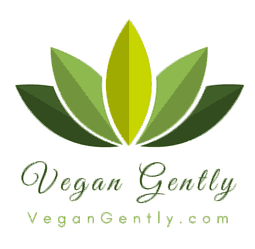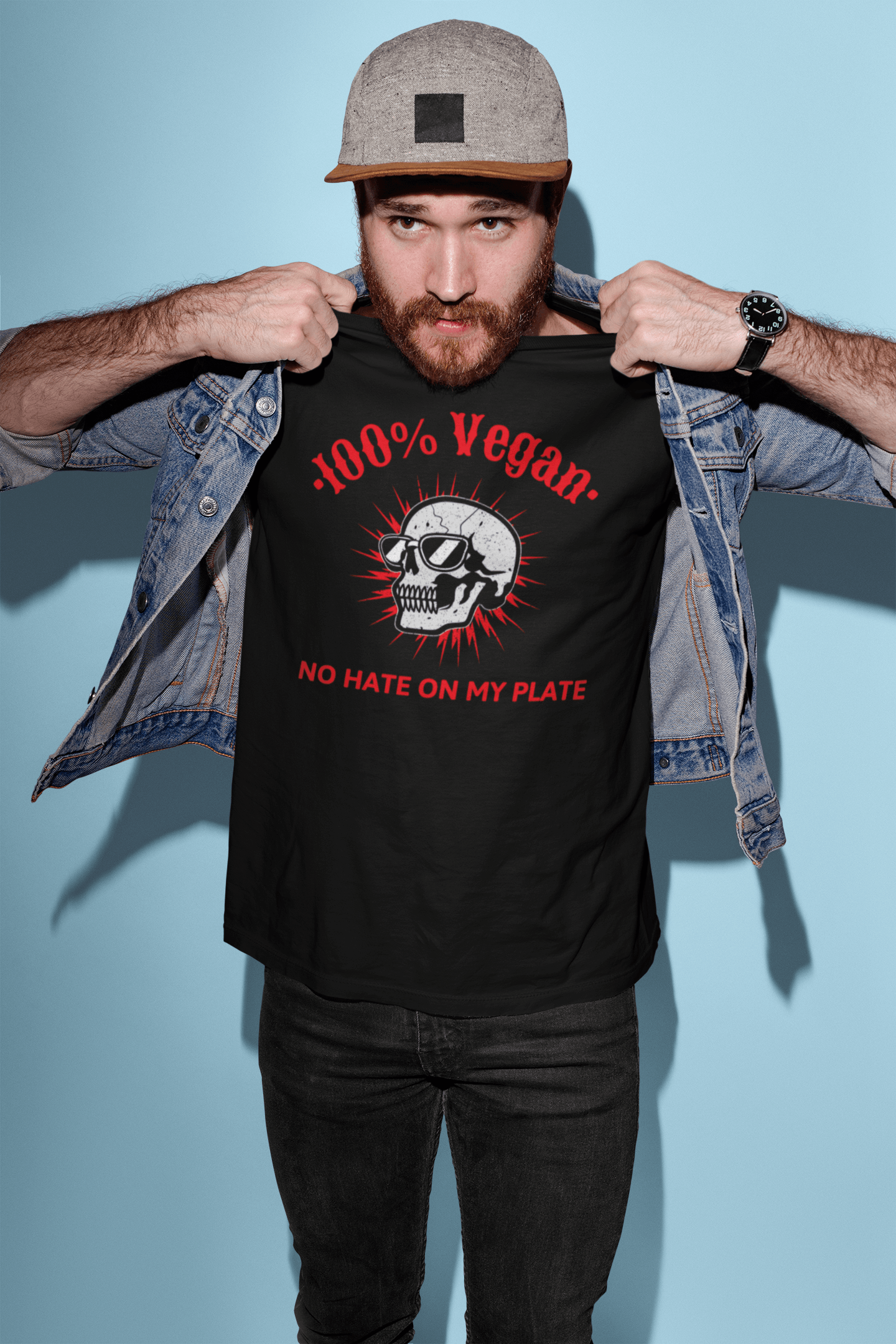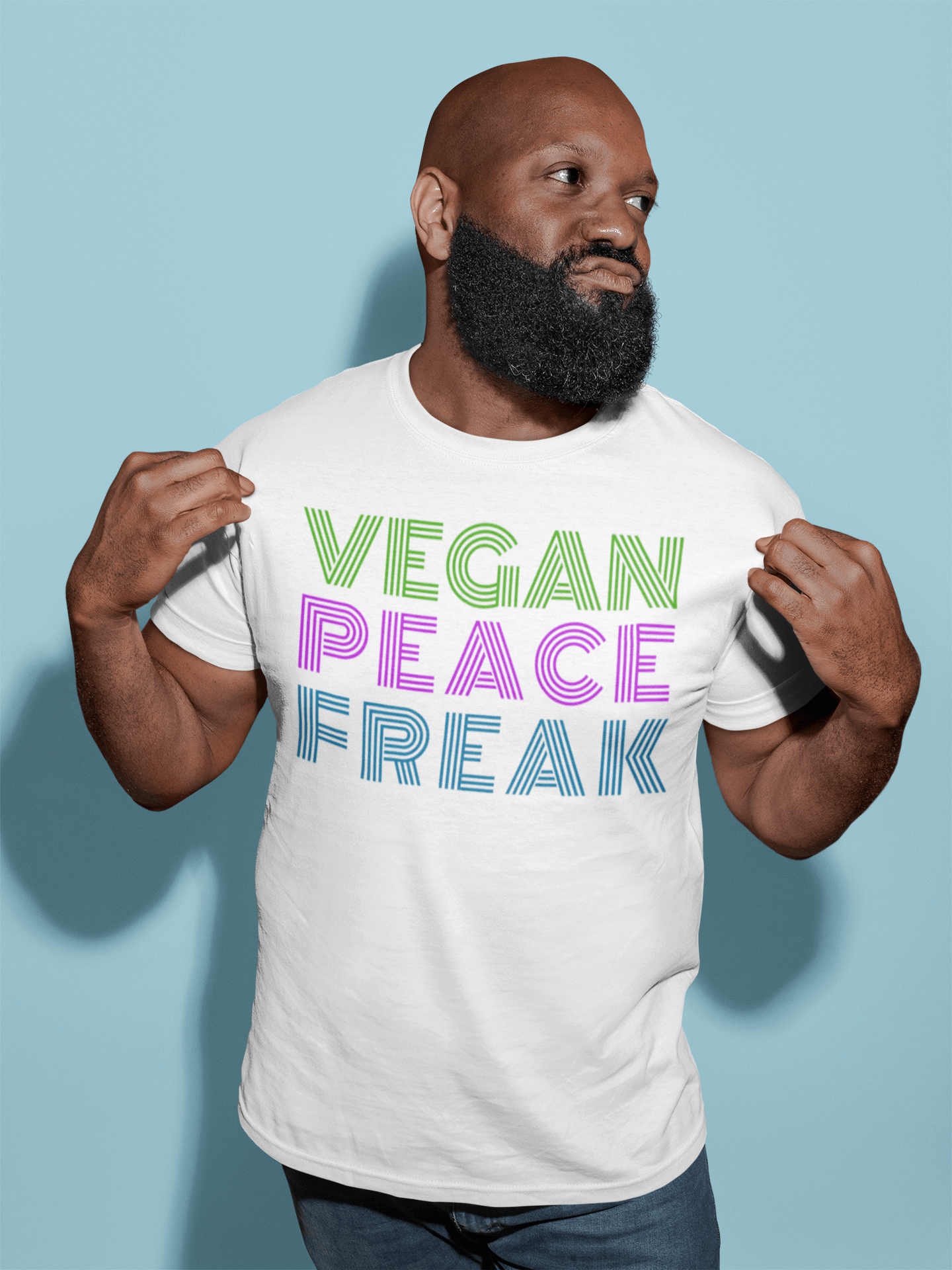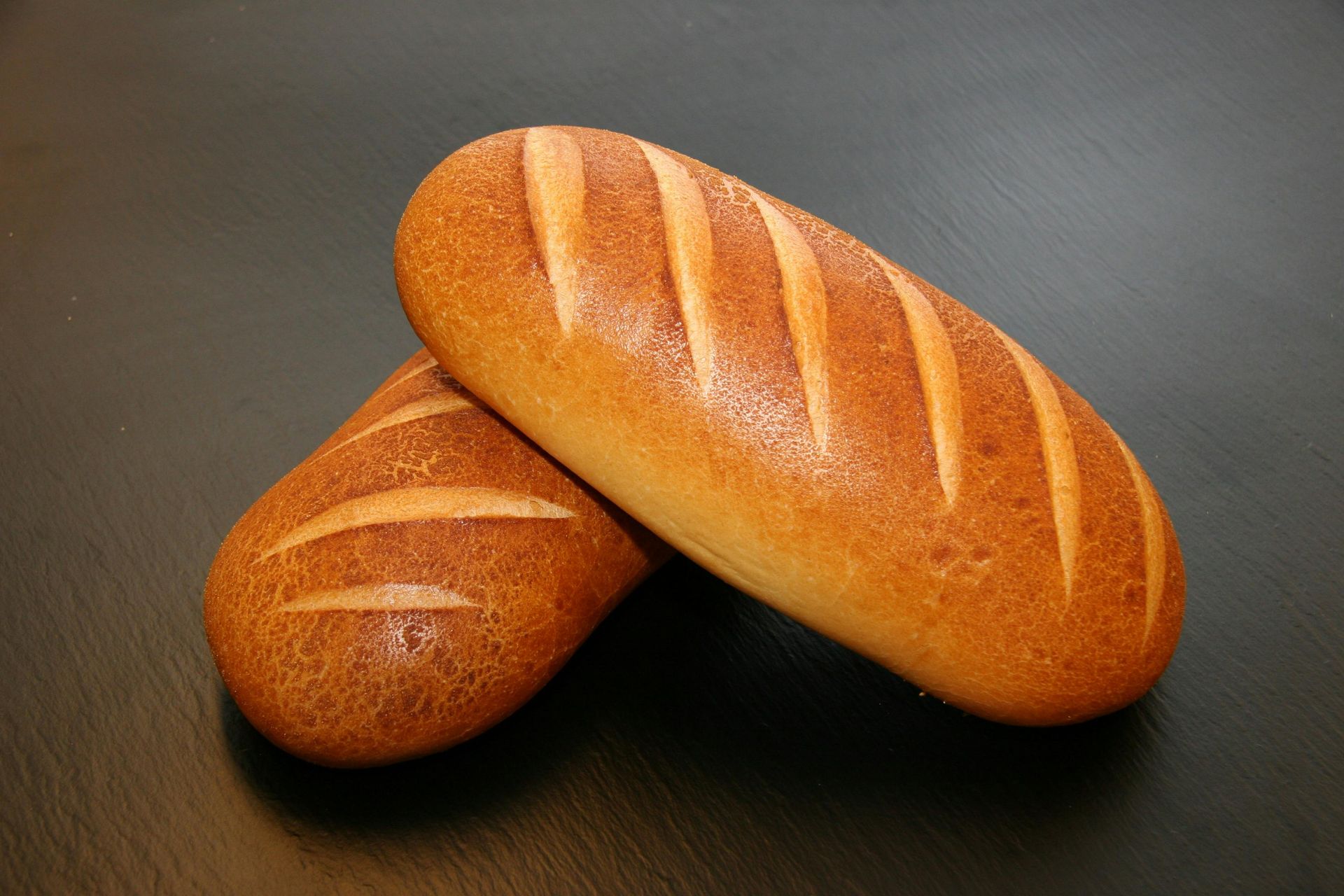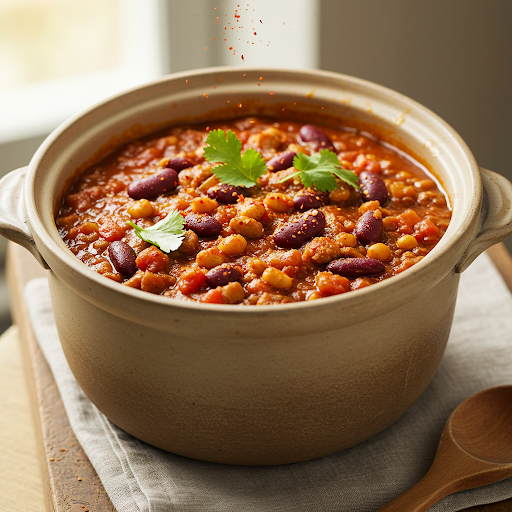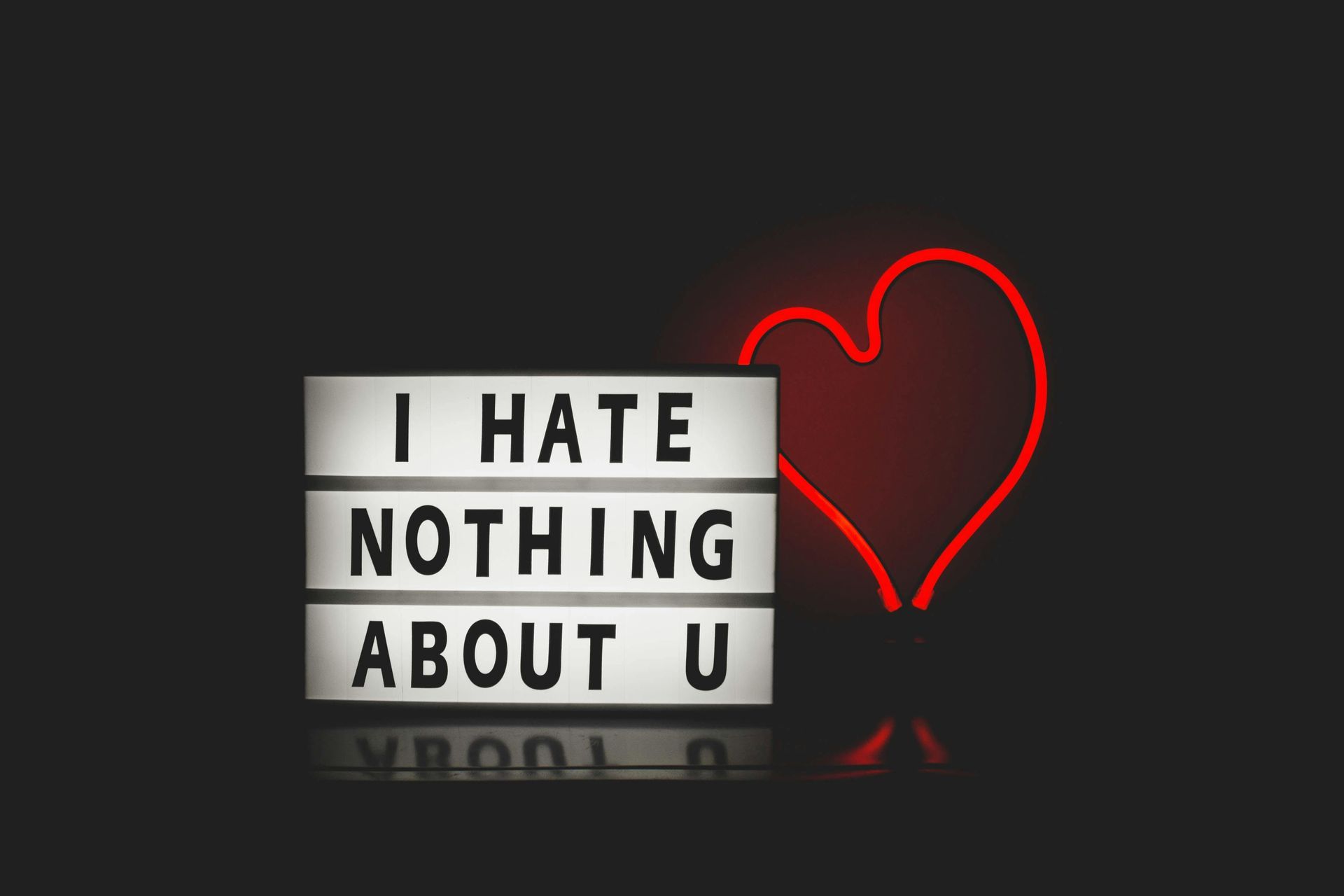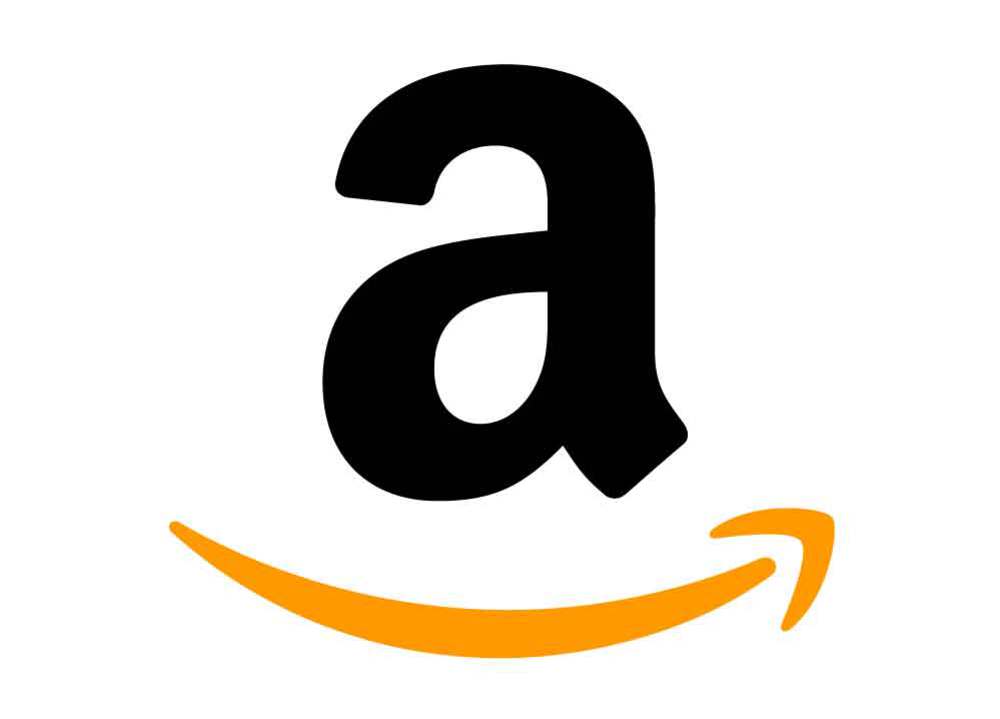Nutritional Mistakes to Avoid on a Vegan Diet
Jim Moore • July 8, 2021
Vegan Doesn't Always Mean Healthy

Taking on a vegan diet is a major undertaking! While the health benefits can be unmatched, the adjustment period to removing animal products from your diet can present challenges which set the tone for the rest of your vegan goals and plans. Despite being a health-conscious diet, veganism is not inherently healthy—it takes work! Take a look at these nutritional mistakes which should be avoided on a vegan diet.
- Assuming that all vegan foods are healthy – While the cornerstones of vegan diets (fruits, vegetables, legumes, etc…) are generally healthy, not all vegan products are necessarily good for you. Take potato chips for example; they are wholly vegan, made of only a handful of ingredients, but carry little to no nutritional value whatsoever. Including things like chips regularly in meals can actually work against your nutritional efforts. Always read the nutrition facts which come with foods, especially when buying processed food.
- Not staying hydrated – Hydration is important for people of all diets and lifestyles, and something which a lot of people in the United States neglect. When on a vegan diet hydration is especially important because of the usually heightened amount of dietary fiber which you consume while vegan. Processing fiber without a proper water intake can result in bloating, gas, stomach discomfort, and—counterintuitively—constipation.
- Not balancing your macronutrients – While some people are “in the know” about macronutrients (“macros”), plenty of people are not! With veganism being a basis for many weight loss efforts, it’s important to understand the importance of macros and their balance within your diet. Macronutrients are also known as the “big 3” of nutrient intake; carbohydrates, fat, and protein. Lack of protein is famously criticized by the public when addressing vegan diets, but fats are often overlooked by newer vegans as well. A healthy balance for your macros by percentage of your intake should be roughly 60/20/20 in favor of carbohydrates/fat/protein, respectively.
- Ingesting too few calories – Aside from balancing your macros, calorie intake as a whole should be monitored from the beginning of your vegan diet. Because non-vegan diets tend to be calorie-dense due to the presence of meat and cheese, removing these foods from your diet can cause sudden and dramatic calorie losses. In fact, on average, vegans consume 600 fewer calories per day than those on omnivorous diets. Be certain to ingest nutrient-dense foods in order to maintain a healthy calorie intake, especially when beginning your vegan diet.
- Underestimating the importance of meal planning – Veganism takes work! Keeping ahead of the meals which you intend to eat can make your diet goals drastically more achievable. Taking time once a week to either prepare meals or plan out the menu for the following days can help assure that many of these other mistakes do not occur. Utilizing a meal plan can help you calculate daily calorie intake, macro balance, and gives you reason to read nutrition facts which helps you learn more about your food choices!
As with all diets, veganism comes with challenges. Building good habits at the beginning of your veganism venture can help make sure that your body is not only ready for the change, but that you will thrive long-term with your vegan life!
Share Your Vegan Message with VeganGently.com Gear
Vegan Gently Blog

The modern culinary landscape demands inclusivity, and offering a spectacular vegan dessert is no longer a niche luxury—it’s a business necessity. This Tahini Coconut Milk Ice Cream provides a high-end, genuinely satisfying frozen treat that caters to guests who are dairy-free, vegan, or managing various allergies, ens

So, you're thinking about going vegan? That's awesome! Whether it's for ethical reasons, environmental concerns, or personal health goals, a vegan diet can be a powerful choice. But, like any major lifestyle change, it's important to understand the potential benefits and risks. Let's explore what recent medical literature tells us.
